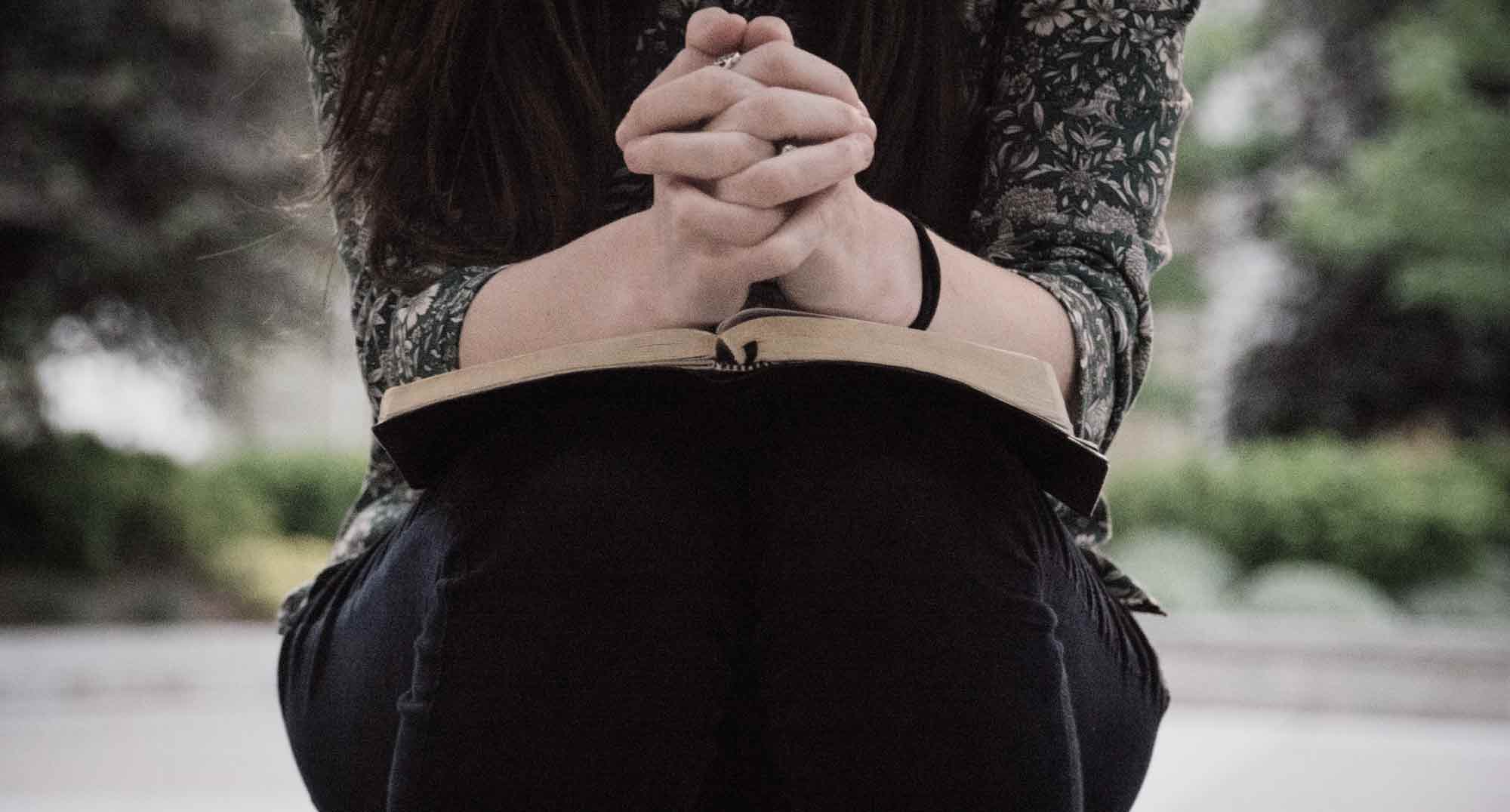Learning Dependence on the Lord
BARBARANNE KELLY | CONTRIBUTOR I consider myself to be a relatively capable person. I know that I have limits, but I thought my capabilities outweighed them. I used to believe that God wouldn’t give me more than I could handle, until he started giving me more than I could handle. I’m now decades into learning how very weak and dependent—how incapable—I am, and how very strong, faithful, and capable my Lord is. This summer has been a crash course for me in a whole new area of dependence and incapacity. Early in July my husband fell from a tree, and until his broken bones heal, his injuries render him unable to bear weight on either leg. He also needs a brace to support his upper body due to two broken vertebrae. When Jim came home in a wheelchair, we ran smack up against our limits. Life as we knew it turned upside down. Then, just as we thought we had the new routine figured out; a new unbearable pain sent us scrambling for answers. We called 911 and my husband was taken back to the hospital by ambulance—three times in one week—ultimately to discover that his lungs were lined with a constellation of pulmonary emboli. New medications and heightened cautions were added to our new routine. New depths of weakness and dependence were discovered. Peter considered himself to be a relatively capable person too, bless his heart. On the night of the last supper, when Jesus told his disciples that they’d all abandon him, Peter rashly denied that he was capable of such a betrayal. But Jesus, knowing full well not only that he would deny him, but also the devastation it would wreak in his dear friend’s heart and mind, assured Peter that even though “Satan demanded to have you, that he might sift you like wheat, . . . I have prayed for you that your faith may not fail” (Luke 22:31–32)....







